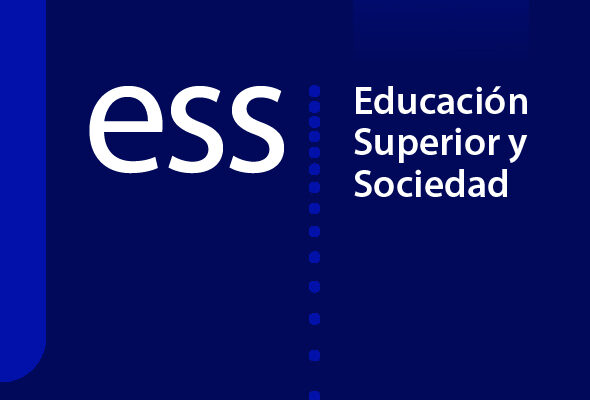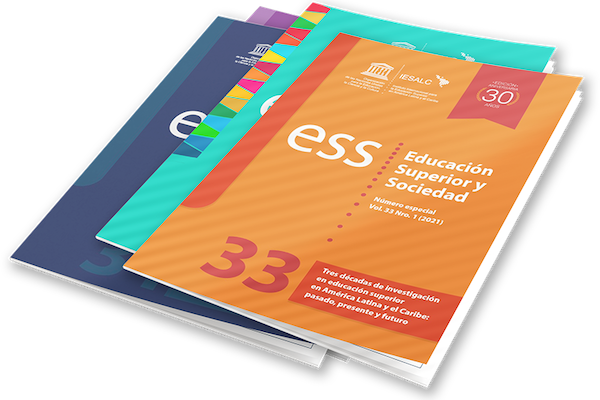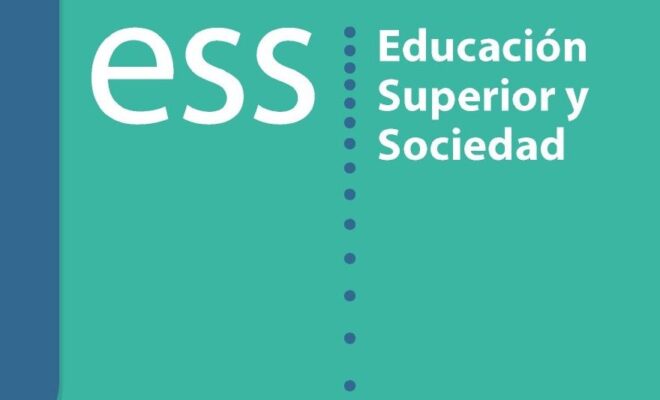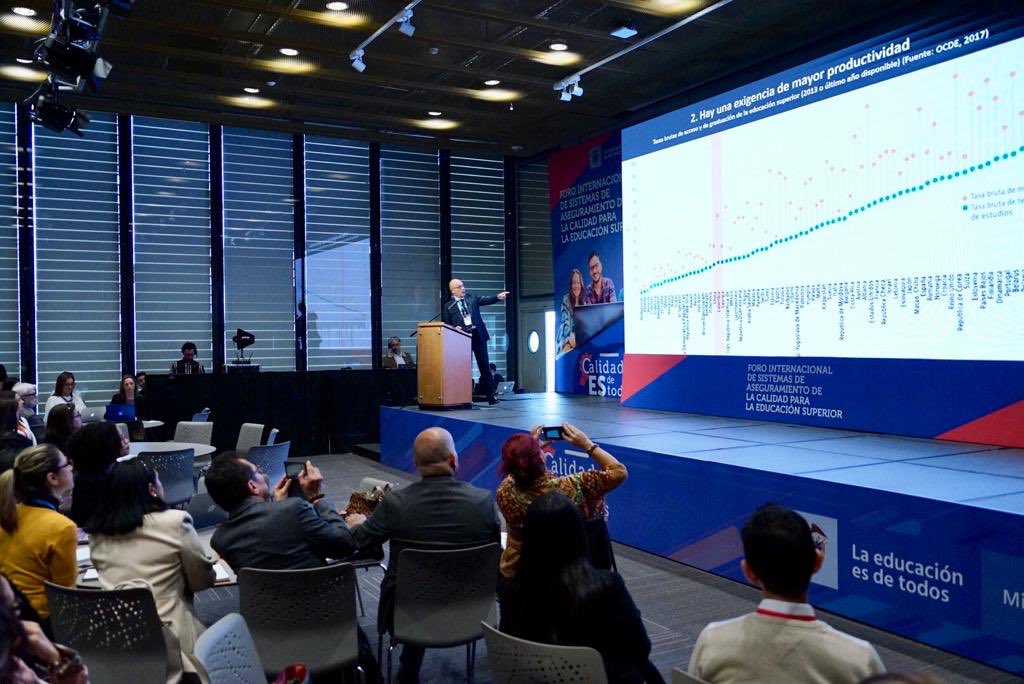Higher Education and Society (ESS) reaches its thematic issue 30


Educación Superior y Sociedad (Higher education and Society, ESS) presents its thematic edition number 30 entitled Educación superior en América Latina y el Caribe: una visión desde las áreas estratégicas post-CRES 2018 (Higher Education in Latin America and the Caribbean: a vision from the strategic areas post-CRES 2018). This work of regional proportions is articulated to the process of research and reflection emating from the III Regional Conference on Higher Education (CRES 2018). The CRES 2018-2028 Action Plan, the normative document that resulted from the Conference’s debates and proposals, responds to the guidelines defined by UNESCO for the organization of the 2030 Education Action Framework. The document contains contexts, principles, strategic areas, guidelines: objectives, goals, indicative strategies, indicators, recommendations and finally a monitoring and evaluation system. In this particular case, we want to focus the identified strategic areas that will govern higher education in Latin America and the Caribbean during the period 2018-2028 in the context of the Sustainable Development Goals (SDG) and the UNESCO 2030 World Education Agenda , among them: quality, recognition, coverage, management of internationalization, teacher training and sustainable development.
The call for ESS 2018 as a process was conducted under a rigorous arbitration system that allowed us to consider eleven individual and collective research projects from Colombia, Chile, Panama, Paraguay and Venezuela, in which proposals that address the process of quality assurance, recognition and management of internationalization, teacher training and sustainable development, are reflected upon.
These work processes called CRES 2018, post-CRES 2018 and the Call for ESS 2018, are triangulated to present the academic community of Latin America and the Caribbean with the product of research and reflection organized into four major themes: 1. Teacher training ; 2. Quality assurance; 3. Internationalization and, 4. Sustainable Development.
This issue’s content:
-Teaching training and information and communication technologies. A case study on the knowledge of the teacher / Zambrano, A / Viafara, R / Walter, L / Uribe, C / Steel, D / Castillo, C; Polanco, c
-The formation of citizenship from an ethical knowledge of the teacher / Gaudis Mora / Clementina Rivero Sosa
-Conceptualizations of andragogy by Colombian students in Higher Education: initial approaches / Juan Habib Bendeck Soto
-Importance of cycle evaluations as a mechanism for quality assurance in undergraduate training at the Catholic University of Temuco / Claudia Orrego Lepe / Daniela Ruiz Figueroa / María Isabel Valdivieso Aguilera
-Ability Evaluation in Personal Learning Environments / Aslin Gonzalo Botello Plata
-Humanization of internationalization in Higher Education in Colombia, a pedagogical anthropological proposal / Andrea Páez Gómez
-The bureaucratization of academic validation in Paraguay vs qualified human capital / Cantoni, F / Czeraniuk, N / Denis, M / Thiebeaud, R
-Education for Development: A conception driven by knowledge / Miguel Ángel Morffe Peraza
– Entrepreneurial attitude in university students and the best practice of university entrepreneurship in Panama / Vicente Herrera Herrera / Mariela Salgado Canto
-Social responsibility: a strategic perspective of education for sustainable development / Vélez Rolón, A / Bermúdez, N / Díaz Rojo, G
-Practices as facilitator of the labor insertion in university students / Cubillos Romo, J / Pillancari Coronado, N / Villalobos Castro, R
RELATED ITEMS






